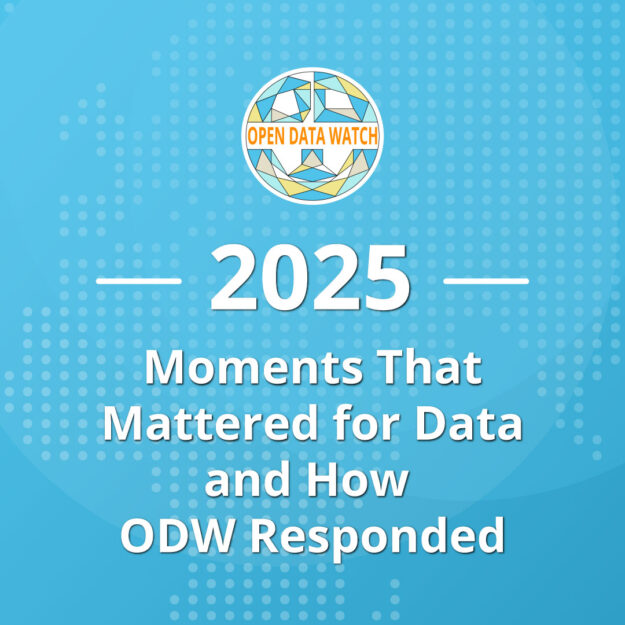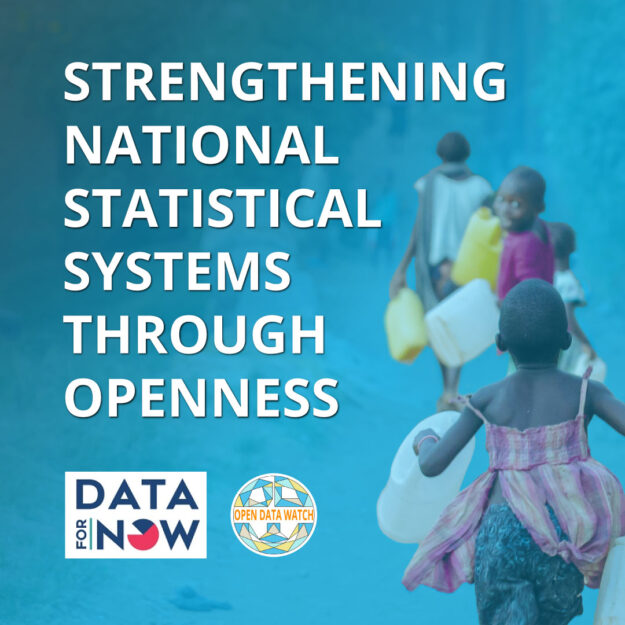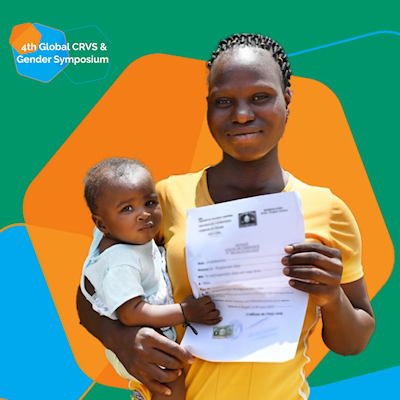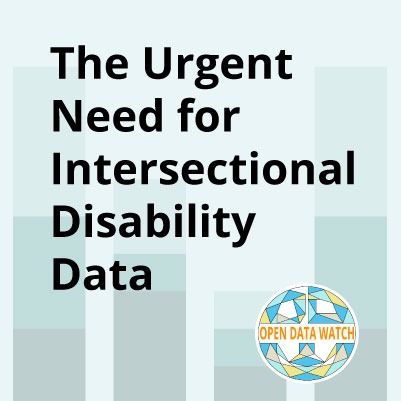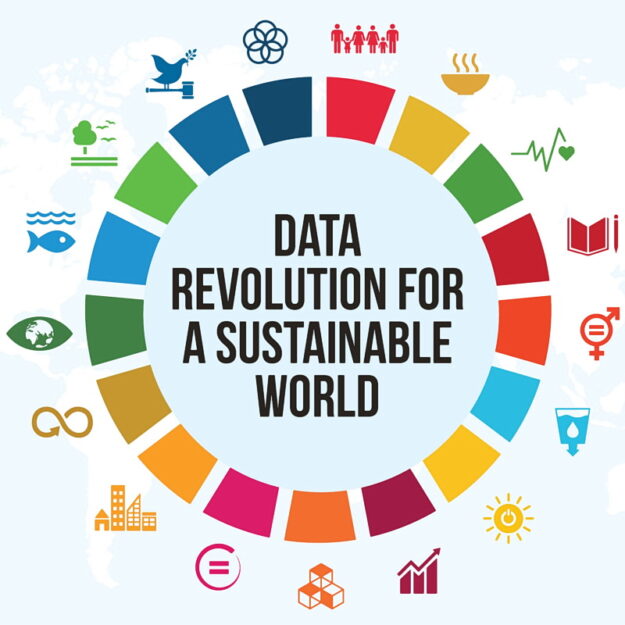Moments that Defined the 2025 Data Community
For the development data community, 2025 was a defining year, marked by disruption and reinvention, major funding cuts, political shifts, and unprecedented strains on data systems just when demand for data reached all-time highs.


